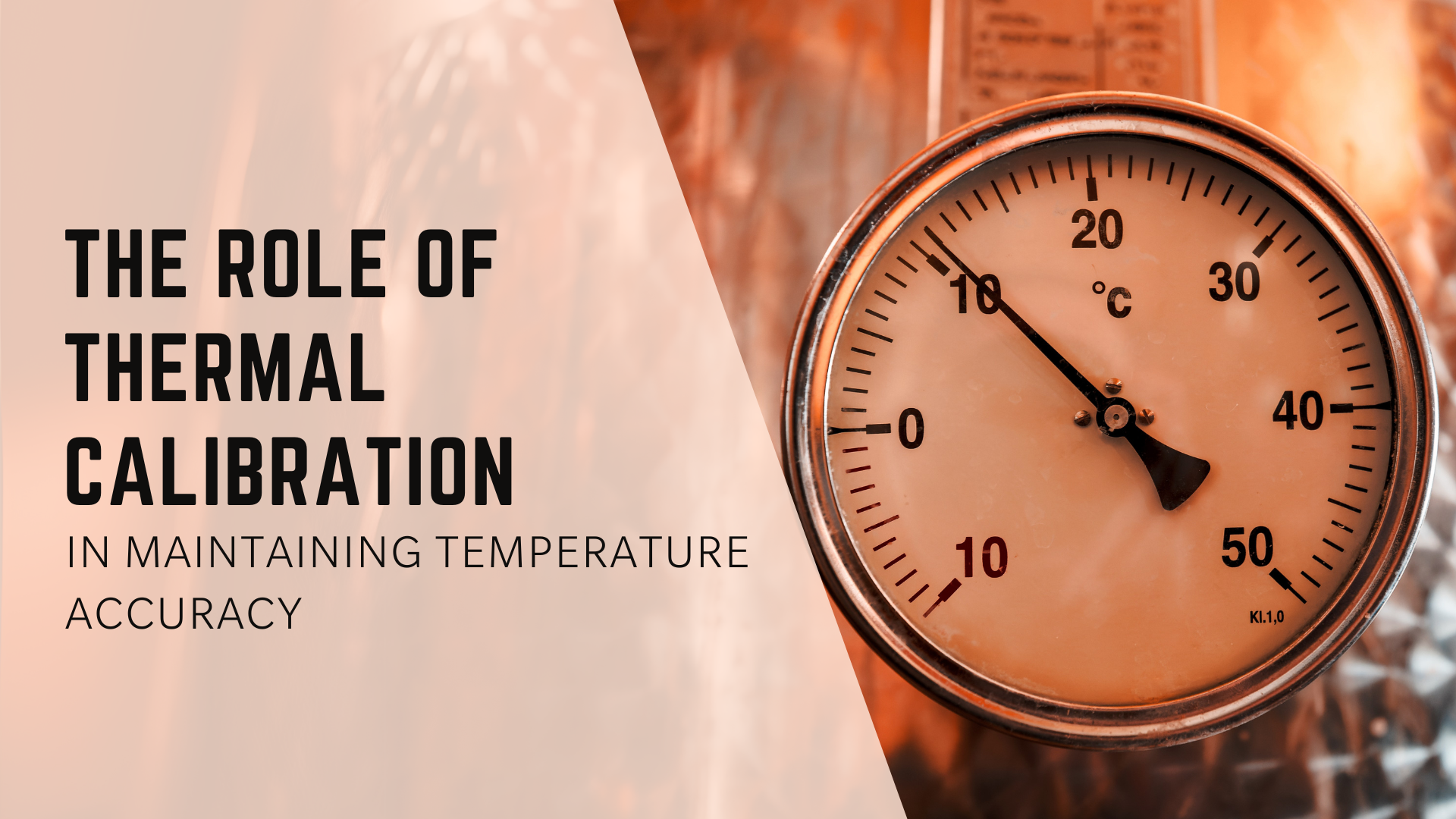
Temperature accuracy is essential in any industry, from healthcare to pharmaceuticals, manufacturing to scientific research. To ascertain reliable temperature measurements, an accurate procedure called thermal calibration is to be followed. It ensures temperature-measuring devices, including thermometers and sensors, will accurately measure a temperature, which is crucial in product quality, safety, and compliance.
Thermal calibration is the process of verifying and adjusting temperature-measuring instruments to ensure they deliver accurate and consistent readings. It is done through comparison of the device under test against a highly accurate reference source of temperature that may be a calibration bath or fixed-point cell. Comparing these measurements will indicate which ones are wrong and correct errors to ensure the performance of the instrument within acceptable tolerances.
For instance, an industry related to pharmaceutical drugs, food processing, or even for medical diagnostic purposes, slight miscalculations in temperature readings can even harm the product quality, safety, or efficacy. Regular thermal calibration minimizes these risks and brings reliable results.
Inaccurate measurements can lead to costly, and sometimes dangerous, errors. The monitoring of temperatures in laboratory settings, production lines, and environmental settings all call for precise readings. Services like calibration address these by ensuring:
Investing in routine calibration services offers numerous advantages:
Thermal calibration is used to ensure that the temperature is consistent across industries. The process of thermal calibration ensures that instruments such as thermometers, sensors, and thermocouples operate within set tolerances. This leads to enhancing product quality, safety, and reliability. Using professional calibration services from a trusted calibration lab ensures precision but guarantees compliance with the most rigorous industry standards.